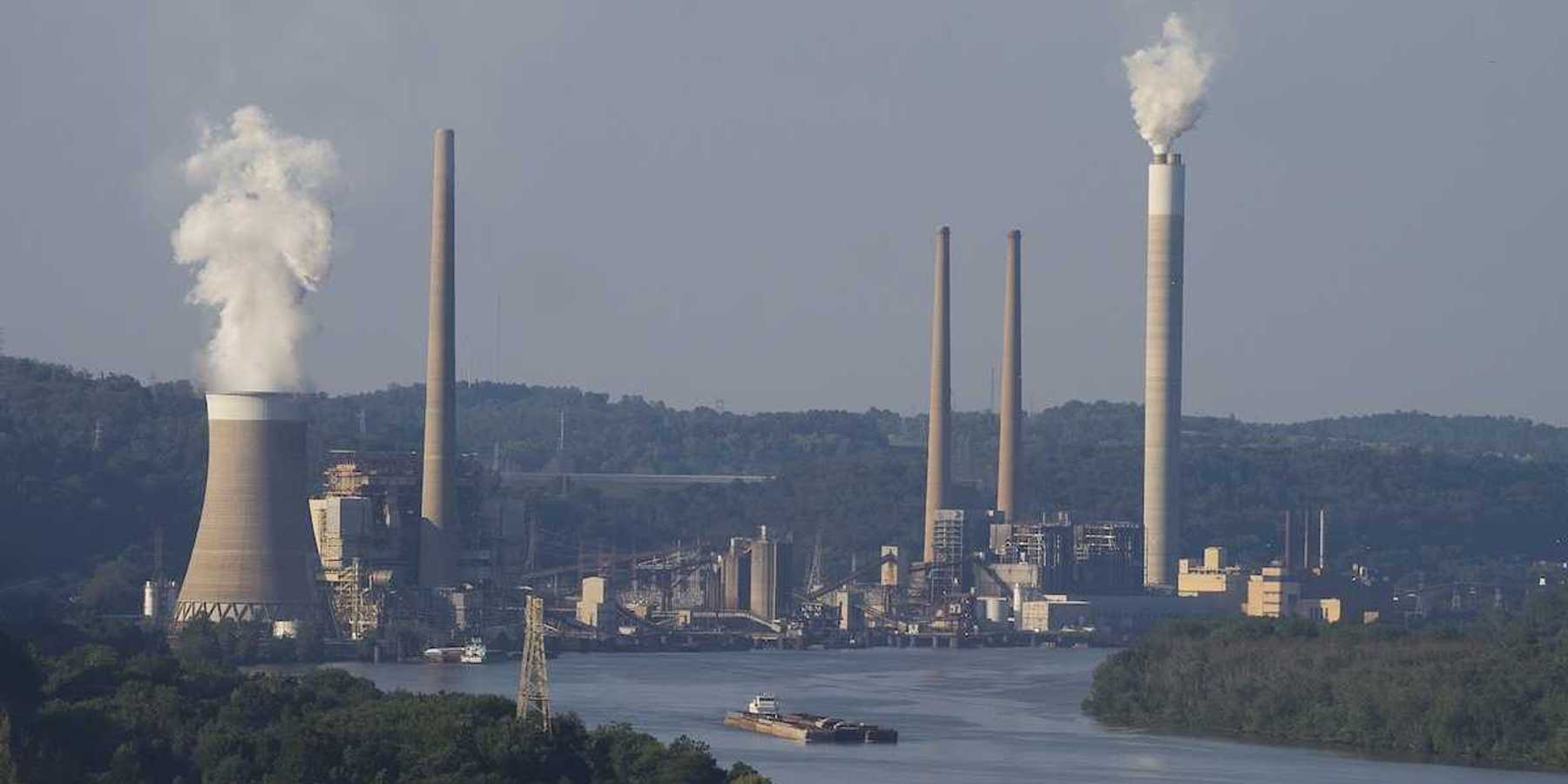Some flame retardants in lithium-ion batteries may worsen fires
Lithium-ion batteries in consumer electronics and electric vehicles can ignite uncontrollably, and new research suggests flame retardants in battery enclosures may do little to stop fires while at the same time releasing toxic chemicals.
Mack DeGeurin reports for Popular Science.
In short:
- Lithium-ion batteries burn intensely due to "thermal runaway," a chain reaction that is difficult to stop and can reignite long after initial combustion.
- Some manufacturers add flame retardants to plastic battery enclosures to meet safety standards, but researchers found these chemicals may not slow fires and could release harmful toxins.
- Experts suggest better battery design, stricter manufacturing standards and using metal enclosures instead of flame-retardant plastics to reduce fire risks.
Key quote:
“Trying to stop thermal runaway fires by adding flame retardants to plastic is like adding a screen door to a submarine.”
— Vyto Babrauskas, fire scientist and "Ignition Handbook" author
Why this matters:
Fires involving lithium-ion batteries are notoriously difficult to control. Unlike traditional fires, they can reignite hours or even days after being extinguished, making them a unique challenge for firefighters. High temperatures and structural damage can cause batteries to overheat and catch fire, leading to chain reactions known as thermal runaway. This process releases toxic fumes, including hydrogen fluoride and other hazardous compounds, many of which come from the flame retardants built into the batteries themselves. The health risks are serious. Inhaling these emissions can cause respiratory problems, skin irritation and even long-term damage to organs.
Read more: Lithium batteries pose environmental threat due to toxic chemicals













